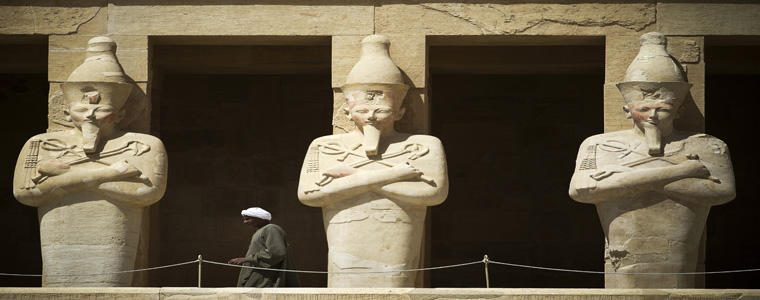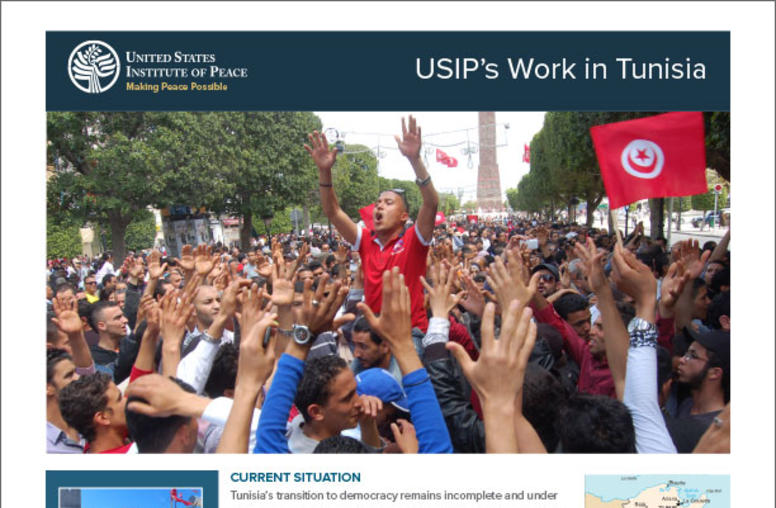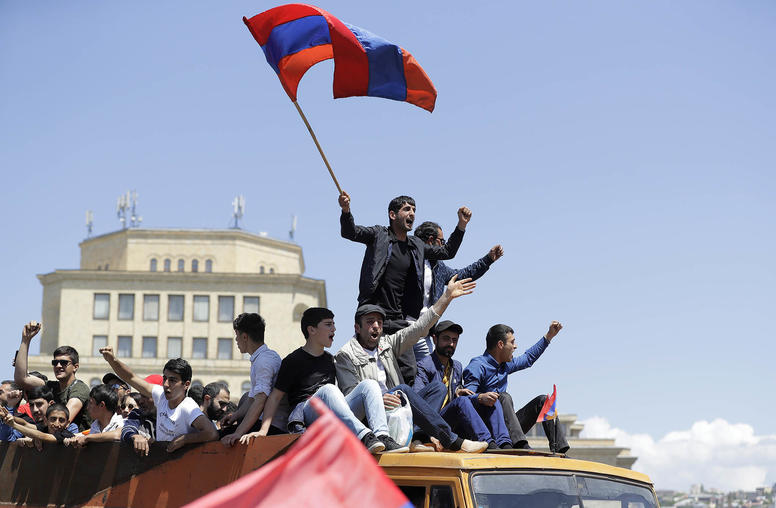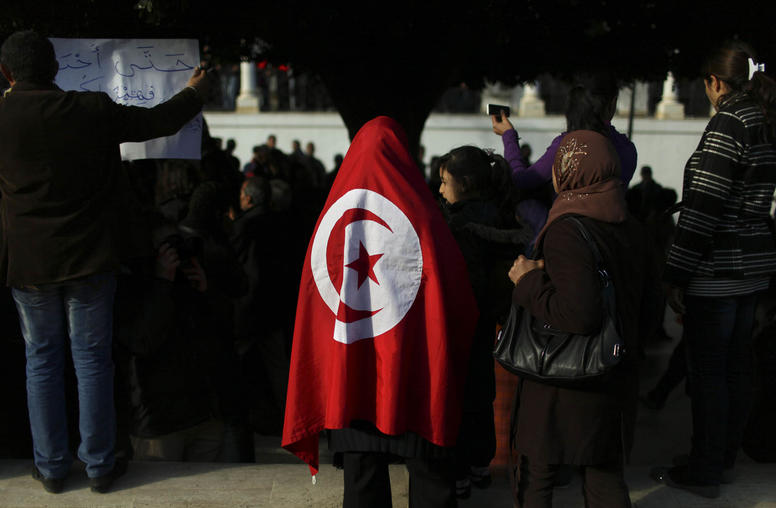Reform, Revolution or Status Quo? Regional Dynamics in a Changing Arab World
Some experts predicted that the Arab rebellions which began in spring 2011 would widen the strategic and political gap between Arab states undergoing dramatic change and those defending the status quo. Dr. Adeed Dawisha argues that in fact, sectarian tensions and economic constraints have dampened the demonstration effect of the Arab uprisings on regional politics and transformation.
Read the event coverage, USIP-Wilson Center Series on Arab Spring Impacts Concludes

This meeting wass co-sponsored by the Middle East Program at the Woodrow Wilson Center and the U.S. Institute of Peace.
Some experts predicted that the “Arab spring” rebellions would widen the strategic, political, and even ideological gap between Arab states undergoing dramatic change and those defending the status quo. In fact, no such clear breach has occurred. Instead, Dr. Adeed Dawisha, distinguished professor of political science at Miami University, argues that sectarian tensions and economic constraints have dampened the potentially “incendiary” effect of the Arab political revolts. On June 12, from 10:00am to 11:300am, USIP hosted an engaging off-the-record discussion on these dynamics in the Middle East with Dr. Dawisha, the State Department’s Dafna Rand, and USIP’s Daniel Brumberg.
Speakers
-
Adeed Dawisha, Presenter
Distinguished Professor of Political Science, Miami University -
Dafna Rand, Discussant
Member of Policy Planning Staff, U.S. Department of State -
Daniel Brumberg, Moderator
Senior Adviser, Center for Conflict Management, U.S. Institute of Peace



